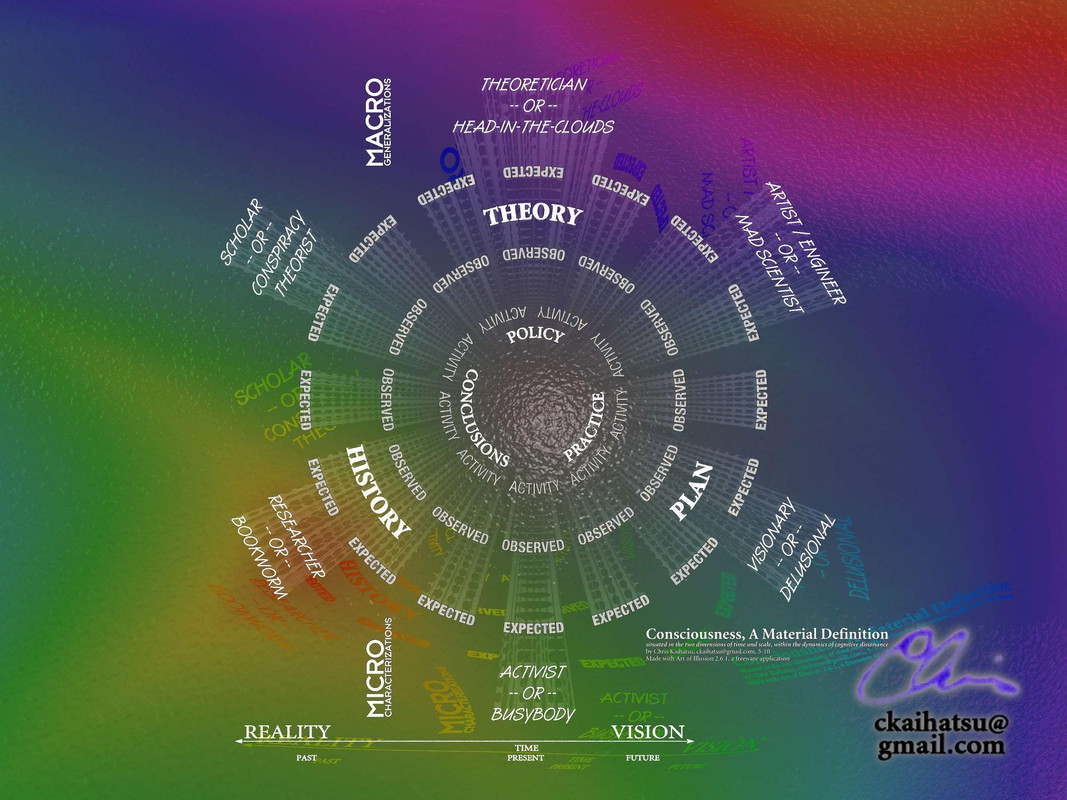- 16 Jul 2020 18:21
#15107983
Okay, I'm speaking about *balance of power*, because that's what *counts*, as in the Israeli settlers taking Palestinians' land, simply because they can get away with it.
There's no ambiguity. You mentioned 'weakness':
---
So this means that you acknowledge that Palestinians are *weaker* in the balance-of-power with the Israeli state. That's a *power relation*.
---
Your concern here is *your own*, and is not socio-politically significant. Enjoy.
wat0n wrote:
I'm not speaking about balance of power, I'm speaking about ethics - which happens to be the reason why balance of powers is the issue to you, if I understand your arguments correctly.
Okay, I'm speaking about *balance of power*, because that's what *counts*, as in the Israeli settlers taking Palestinians' land, simply because they can get away with it.
wat0n wrote:
There's no ambiguity. You mentioned 'weakness':
ckaihatsu wrote:
Okay, away from your bullshit abstract moralizing, and back to the real-world, is there a *power relation* between Israel and the Palestinians?
wat0n wrote:
[You believe] weakness somehow gives you morality. It doesn't, not by itself.
viewtopic.php?p=15107559#p15107559
---
So this means that you acknowledge that Palestinians are *weaker* in the balance-of-power with the Israeli state. That's a *power relation*.
---
ckaihatsu wrote:
Why are you so concerned about purported 'fence-sitters', during the time of a proletarian revolution? As I already noted, those who sit-out are de facto politically *irrelevant*.
(Maybe you think fence-sitters are like the 'swing vote' in bourgeois elections. They're not.)
wat0n wrote:
Because they can easily stop being on the fence.
Your concern here is *your own*, and is not socio-politically significant. Enjoy.














 - By wat0n
- By wat0n